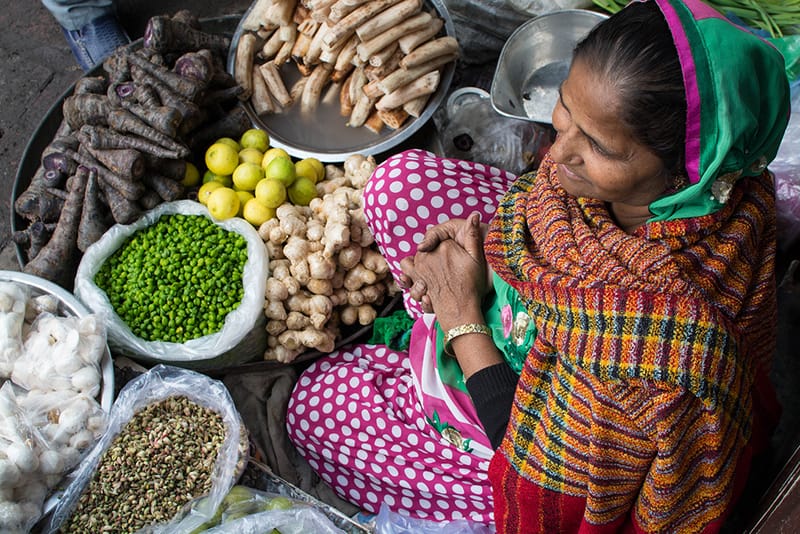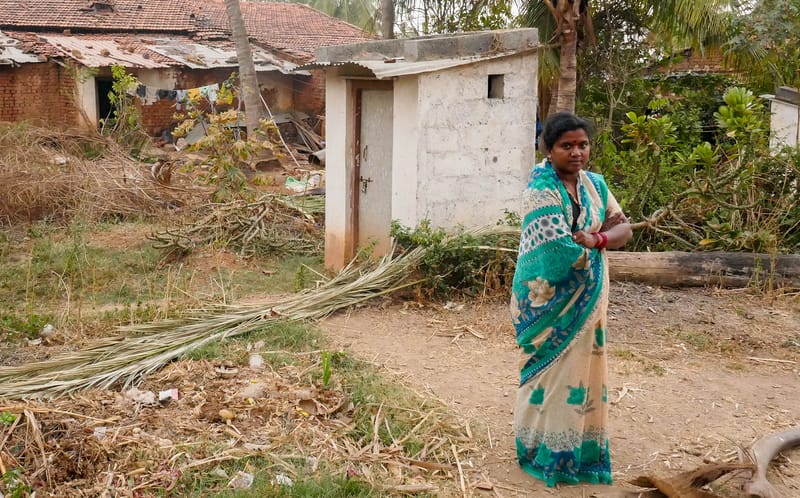The art of cricket bat making in India (photo report)
BY HAREEM KHAN AND STEPHANIE CHEN On a bustling shopping strip in Hubli, Karnataka, a family of eleven sit under a tarp roof. Surrounded by wood carvings and shaped cricket bats, their stall stands out even on the busiest of roadsides. The family...
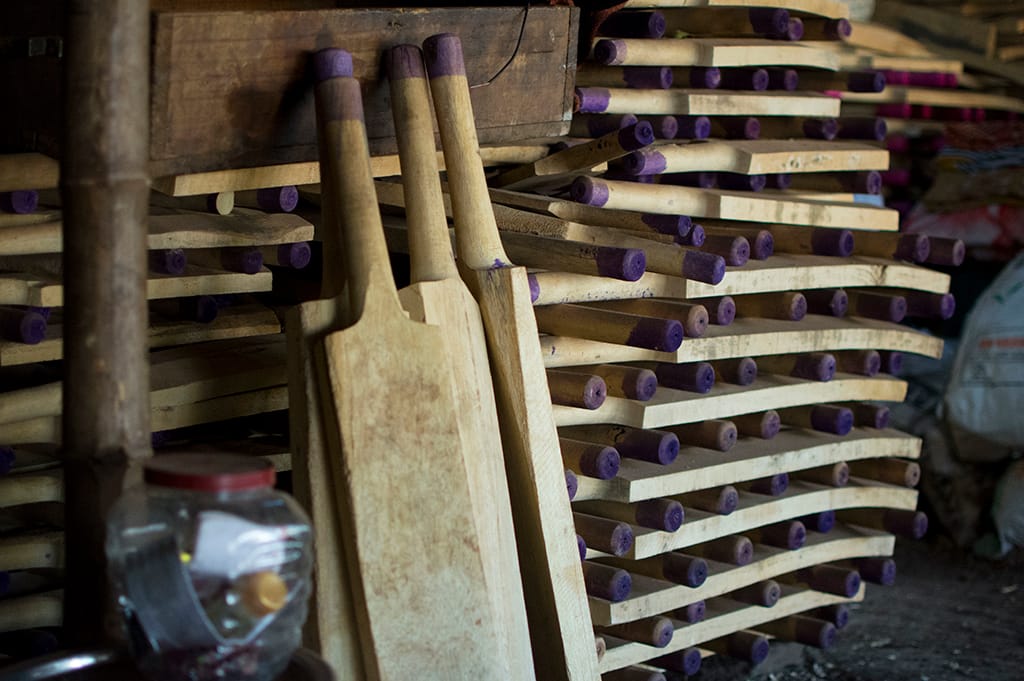
BY HAREEM KHAN AND STEPHANIE CHEN
On a bustling shopping strip in Hubli, Karnataka, a family of eleven sit under a tarp roof. Surrounded by wood carvings and shaped cricket bats, their stall stands out even on the busiest of roadsides.
The family hand-carve and sell wooden cricket bats, and are known throughout this small city for the quality of their products and the care they put into their art.
Love for cricket flows deep in India. In a country populated with vastly different cultures and ethnic groups, cricket is one of the few things that bring even the most diverse people together.
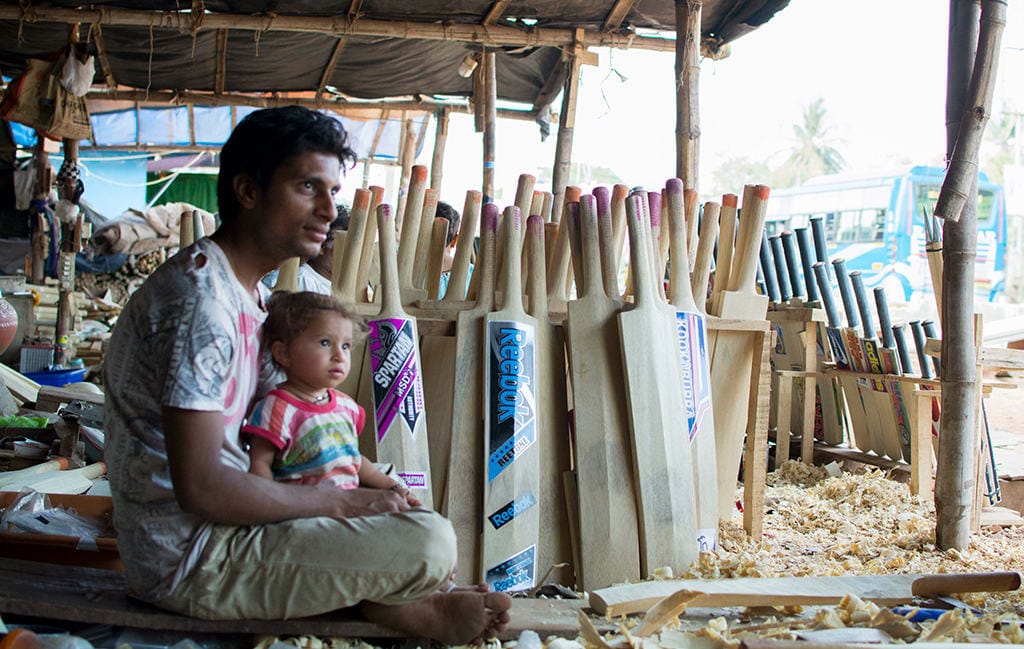
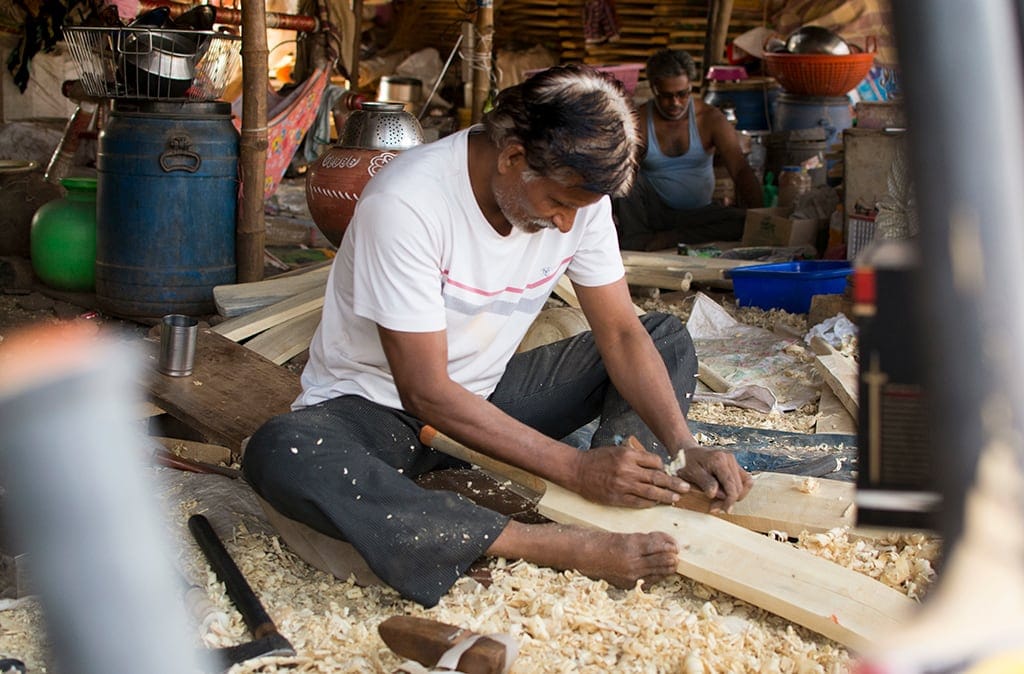
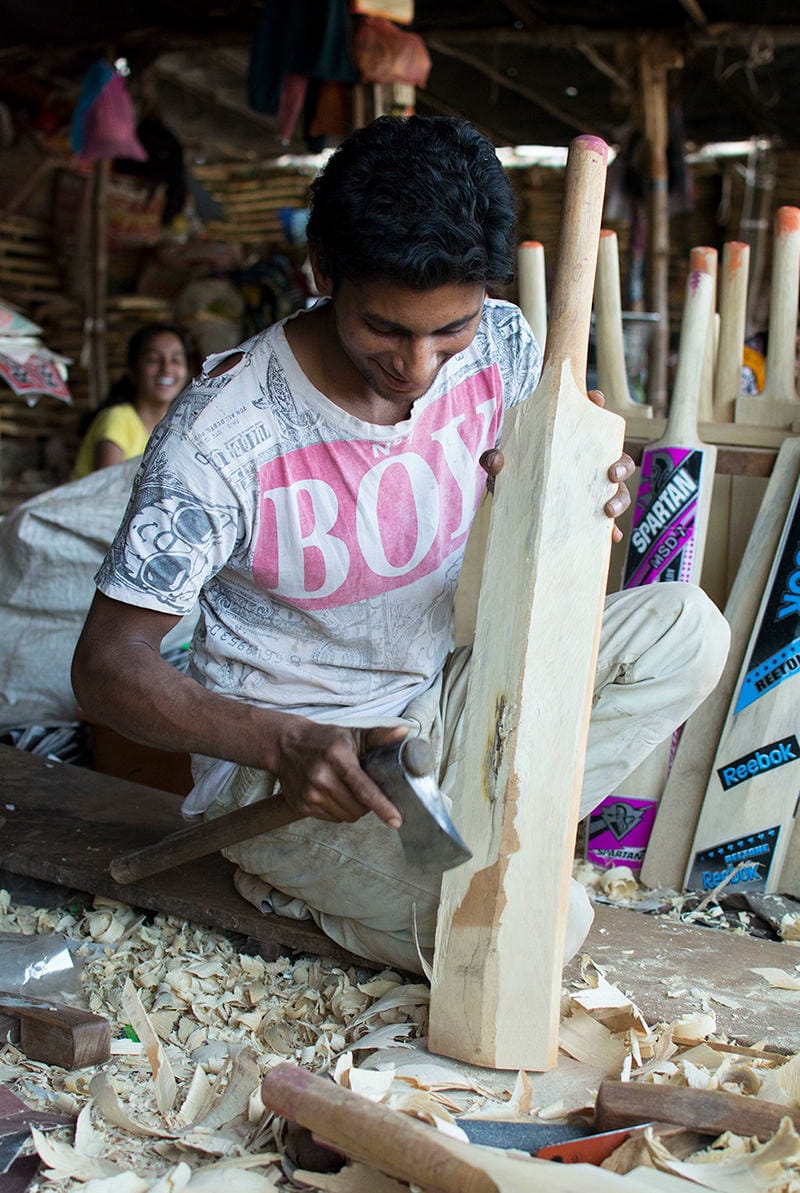
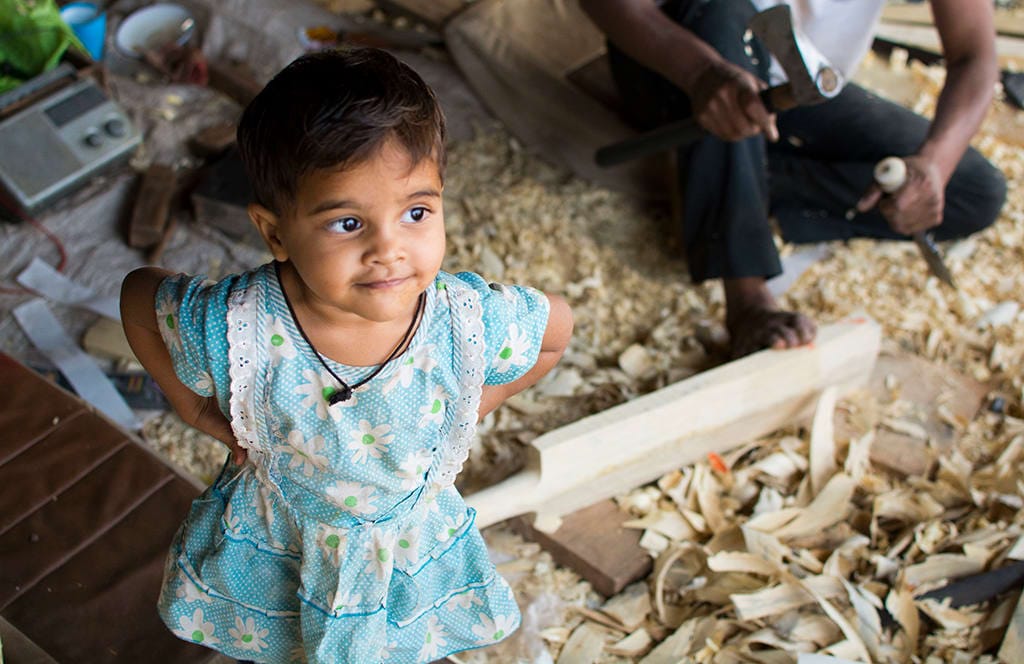
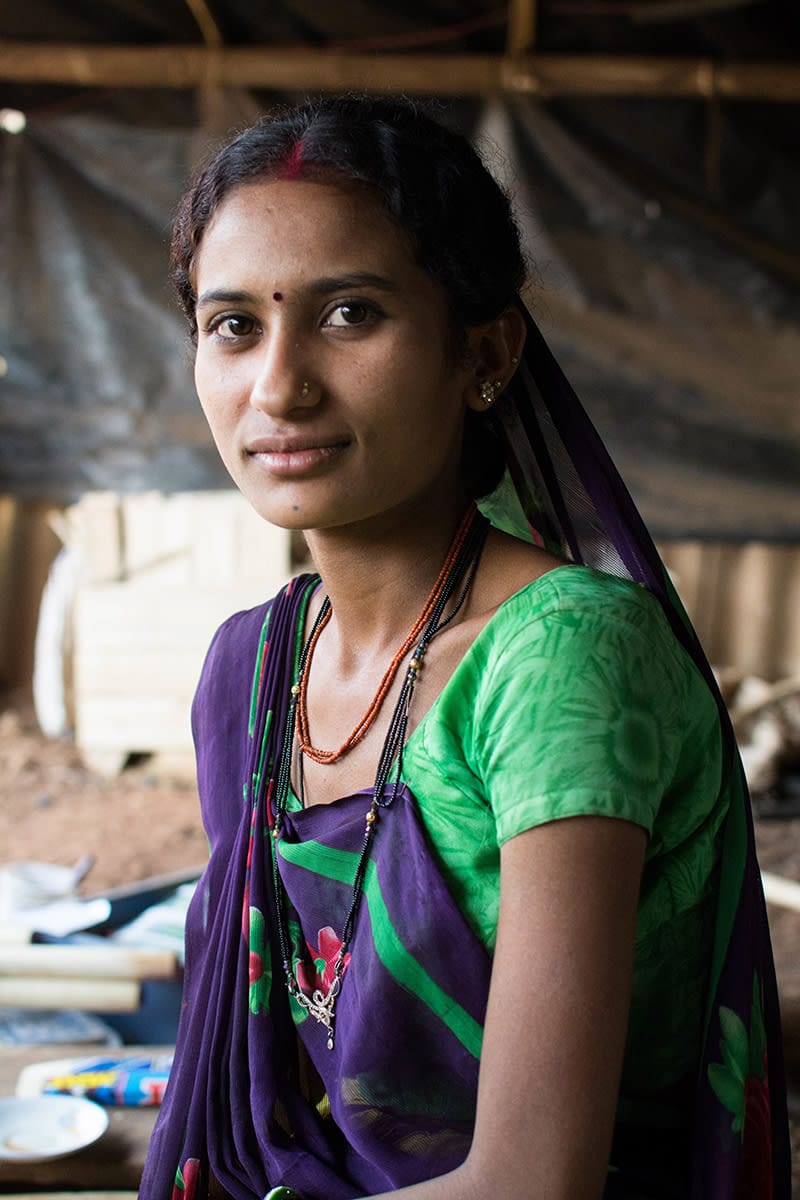
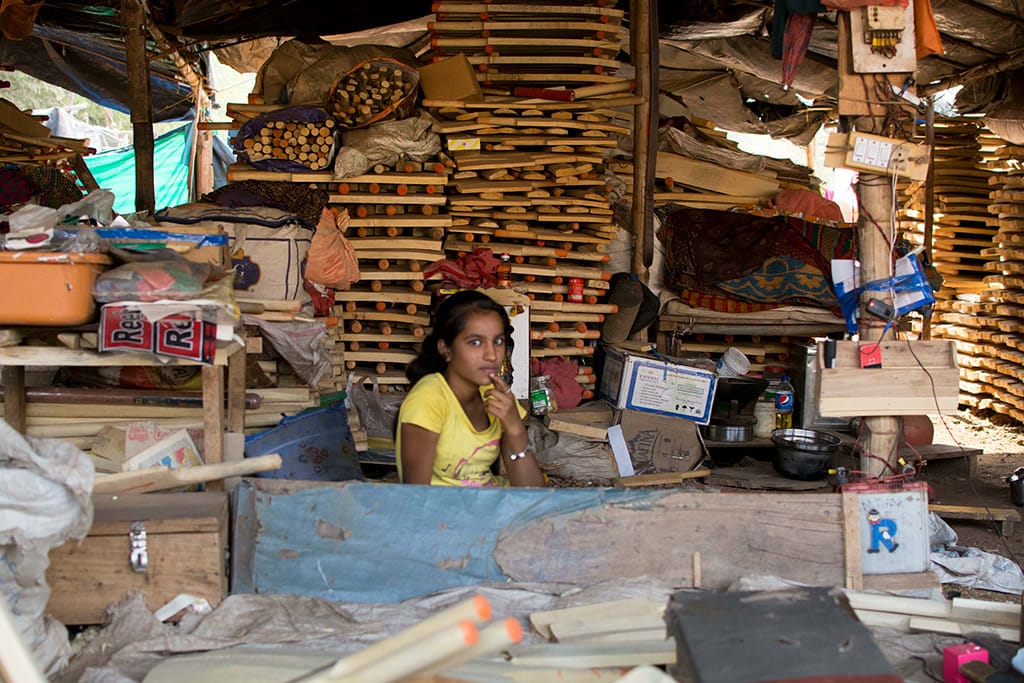
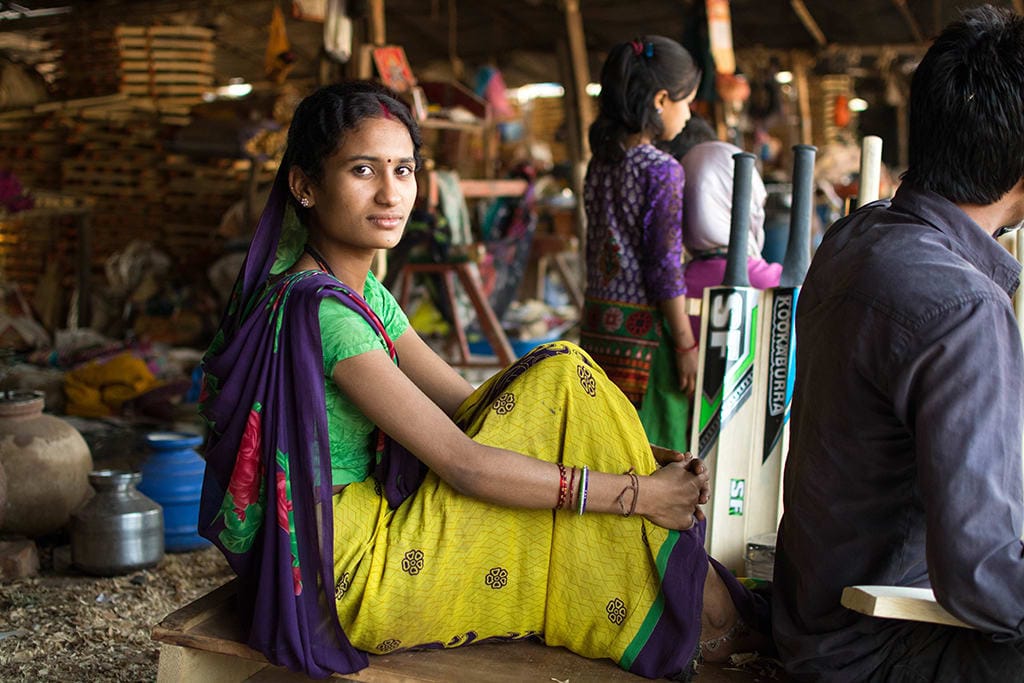
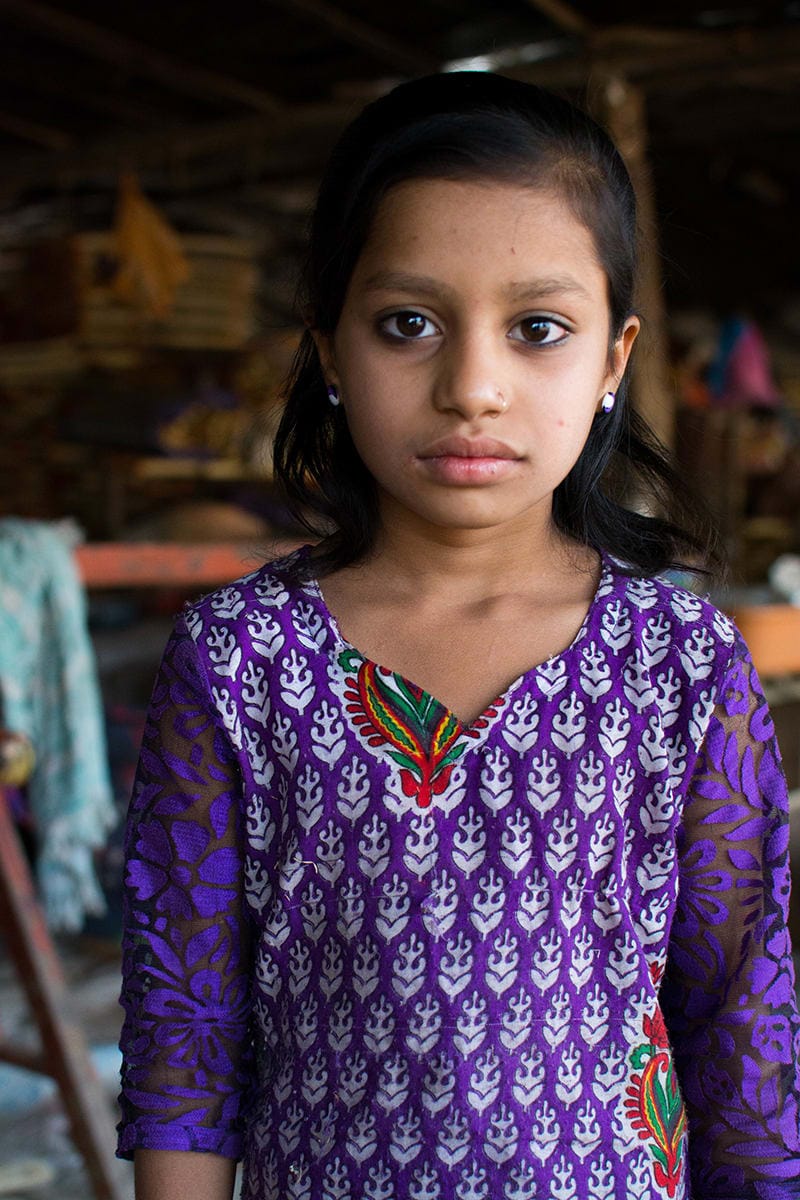
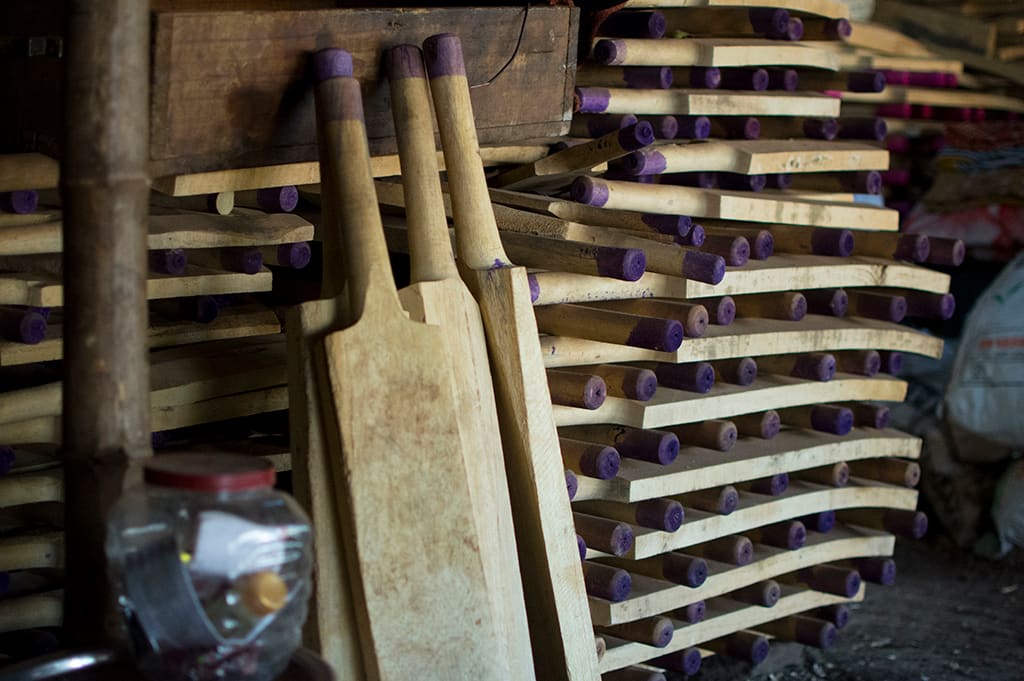
All interviews conducted in Hindi by Hareem Khan.



